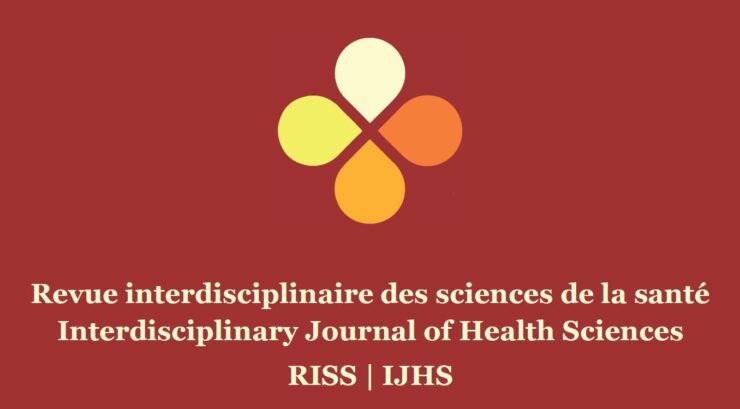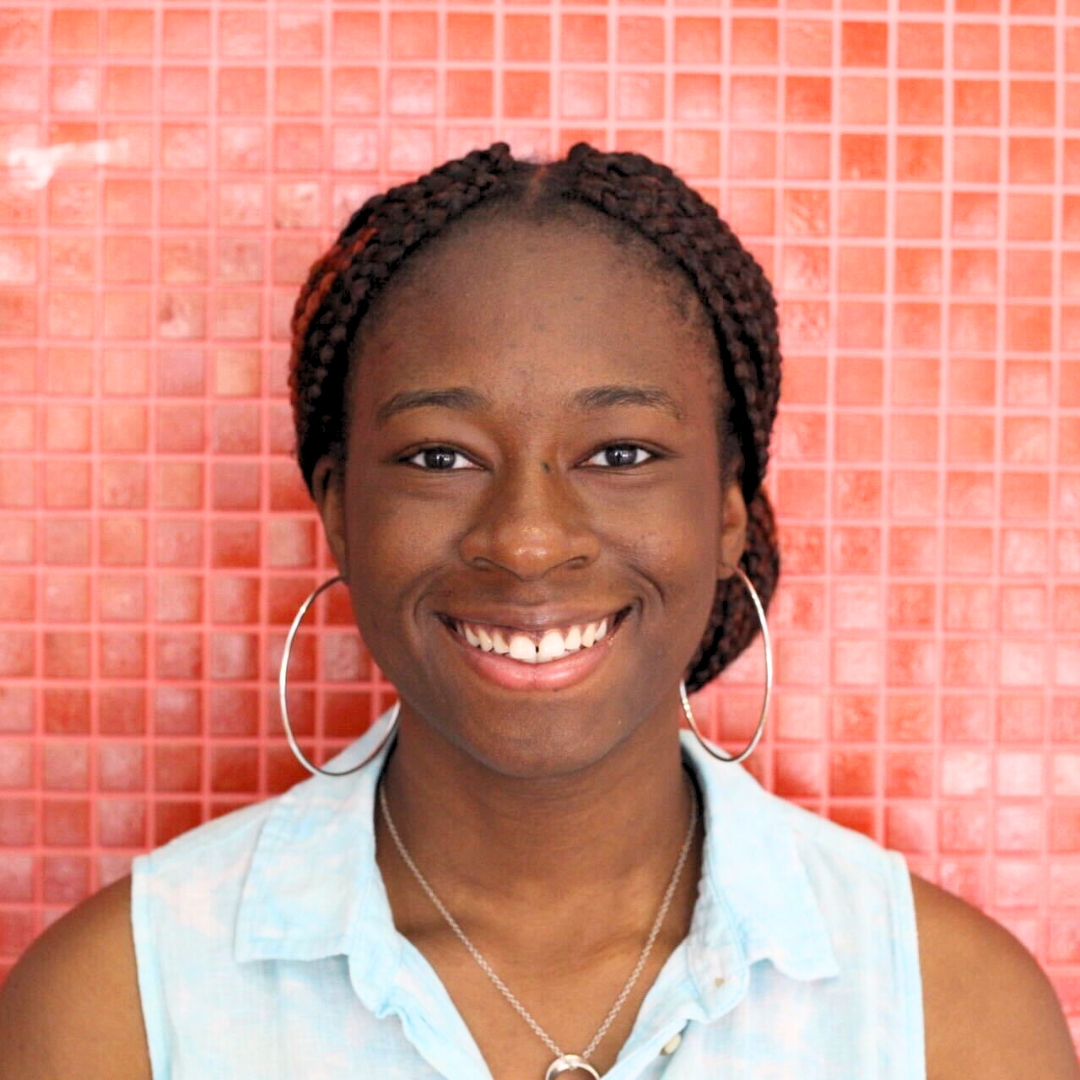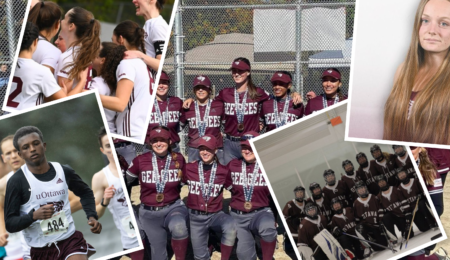A SIT DOWN WITH Raywat Deonandan ABOUT The Interdisciplinary Journal of Health Sciences
What arises when an associate professor at the U of O sees a gap in student experience at the faculty of health sciences?
The Interdisciplinary Journal of Health Sciences (IJHS)!
The bilingual journal came about in 2009 when the faculty of health sciences associate professor Raywat Deonandan noticed that the faculty of health sciences was lacking a peer reviewed journal.
“I think every faculty needs a peer review journal. At the time, I noticed that the writing quality of the general undergrad experience was not as high as it could have been in the non-arts faculties,” recounted Deonandan, “I wanted to create a journal that set the standard for writing quality. It would be an incentive for students to try to do as good a job as possible, because they’ve got a fair chance of being published, and that’s a good line on your resume. It was all about student experience…”
IJHS was initially housed within the faculty of health sciences after being co-founded by a student. The publication eventually broke off from the school to become an independent unit financed by Professor Deonandan. The journal eventually grew: it expanded its management team, developed its formatting, improved its archiving process, created a blogging platform and started a podcast.
These processes and initiatives were spearheaded as well as managed by the student editorial team that was in charge of managing the journal, with Professor Deonandan having a hands off approach to the overall operation. He commented on the progress of the publication stating,
“Around maybe 2013 actually, it got really professional. One particular student who got here, de Bucha, had just incredible vision and work ethic around this. At the time, we also created a blogging platform, which was hosted on one of my websites, to be in parallel with the journal. So in addition to peer-reviewed stuff, students could just make non peer-reviewed blog posts. We also started a podcast.”
The journal even offered training for its staff on editing, publishing and other aspects of scientific journalism. Unfortunately, the journal ground to a halt when the COVID-19 pandemic happened.
“The pandemic came along, and everything was ruined. We had students whose jobs were to be the editor-in-chief, to be production editor, to be peer reviewers, content reviewers and so forth.” recalled Deonandan, “It was such a finely tuned machine that didn’t involve me at all, like my name was on as a backstop only and the students read it. But with the pandemic, we had two years of no activity and no students on site, and everything ground to a halt.”
Currently, the publication process and website of IJHS is managed by the University of Ottawa library system, with the faculty providing an office for the journal, as well as some funding. Deondanan currently covers the website management fees and other minor expenses.
When asked about the ways COVID-19 affected IJHS’s management and the changes the journal had to undergo, Deonandan recounted,“I restarted it in 2022 from the ground up with zero student involvement. We got a student to be the editor-in-chief, but we didn’t have staffing. I did away with the blogging side of it and moved everything strictly to the University of Ottawa library platform. We finally have enough issues now to have our first post-pandemic edition coming out but it was a slog. The pandemic took the wind out of our sails, and it’ll take a little bit to get back up.”
The journal is currently more digital than it was prior to the pandemic in response to the changes that COVID-19 brought. They are currently open to having students, undergraduate and graduate, come in to work as editorial staff or revitalize some elements of the journal that were scaled back due to the loss of manpower.
“We will always need production editors [and other positions]. We will be needing someone to be a liaison for the peer reviewers. By the way, we encourage graduate students to be peer reviewers – it gives them that experience.” commented Deonandan. “If students want to take over the podcast element, if that’s their forte, I think there’s space for that too. We also need more francophones [to balance out the journal space].”
IJHS accepts submissions on a rolling basis so it is also welcoming to students looking to submit their work for publication. Currently, the journal is open to accepting submissions that utilize artificial intelligence.
“We are open to having people use artificial intelligence in their submissions, but they must be transparent about how they used it and the extent to which they have used it.” said Deonandan “We definitely do not want AI generated content just dumped, but we do accept that this [AI] is the future of publications to a large extent.”For students interested in getting involved with the journal or learning more about the opportunities it offers, IJHS can be reached by emailing rdeonand@uottawa.ca.






